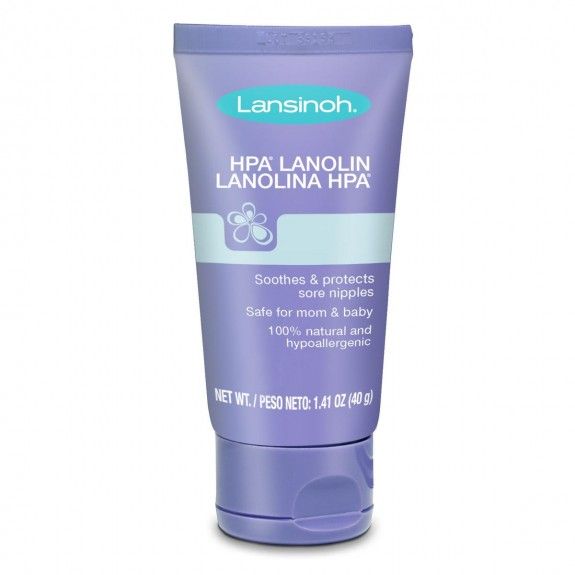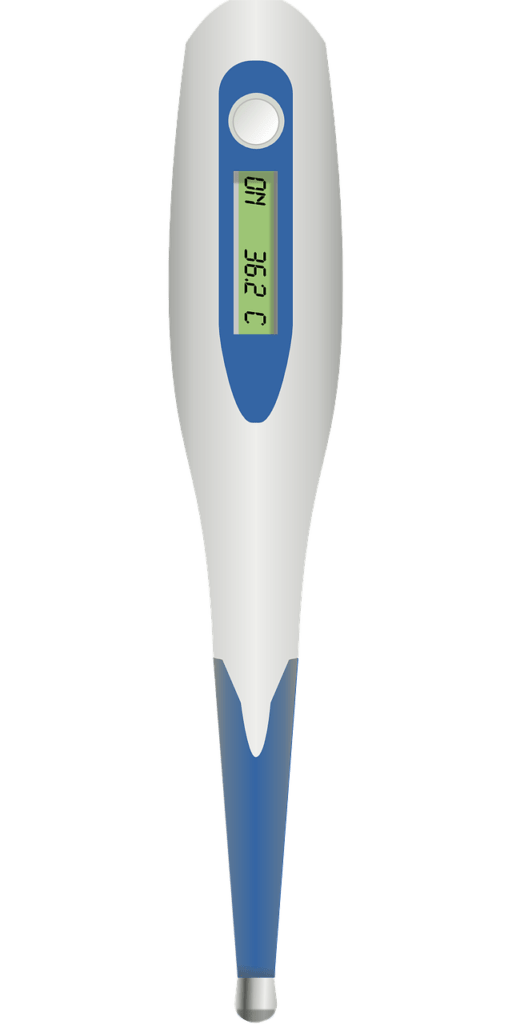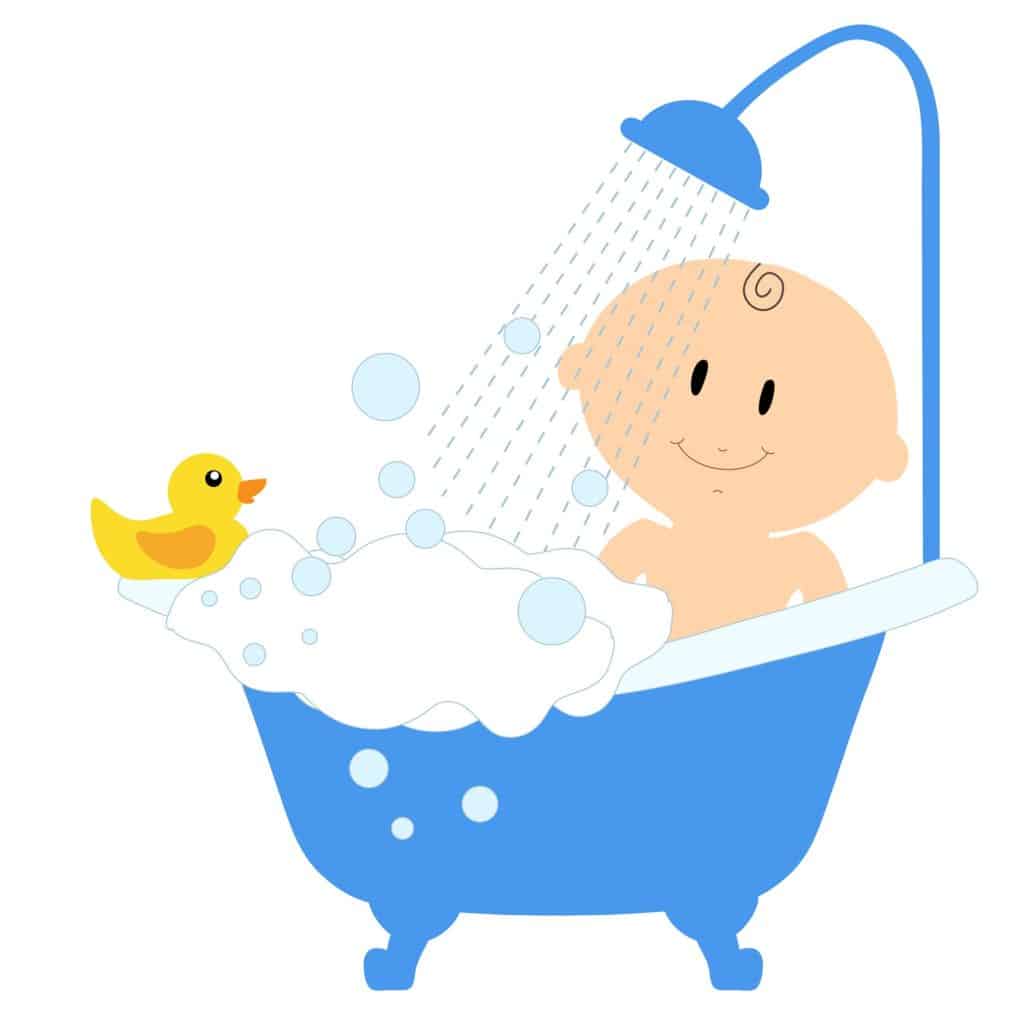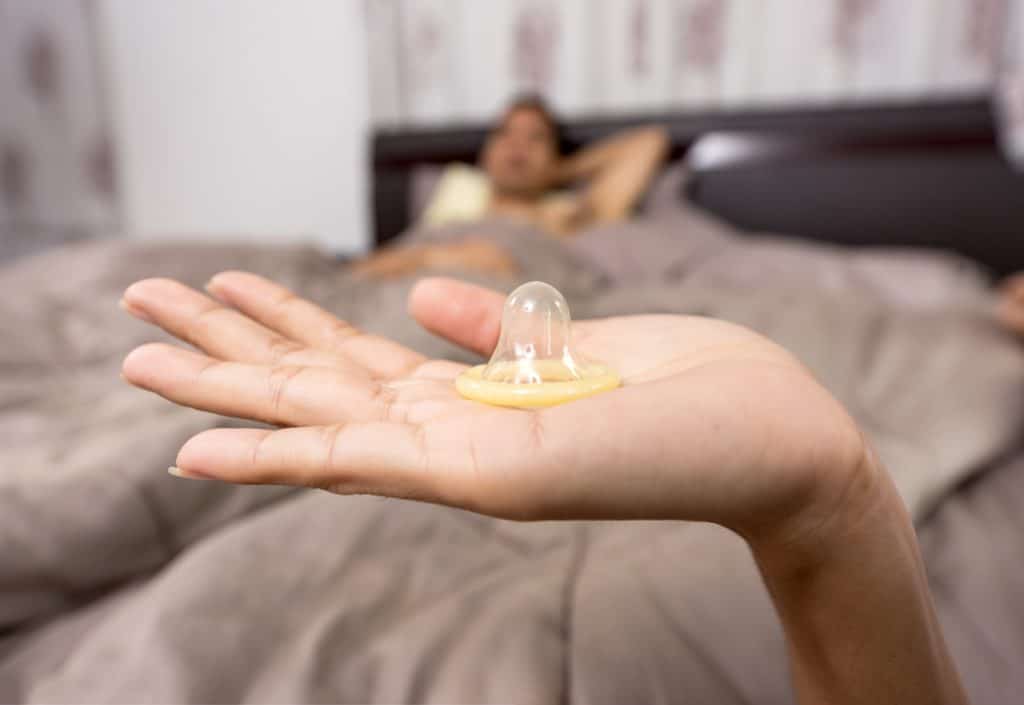As a first time mom, you have questions. Heaps, tons, barrels of questions and we will tackle some of them here. Pregnancy has come and gone. The highs, lows, discomfort, pain, swollen feet, great hair, pregnancy glow and all those hormones. Oh, the hormones. Now you have this great gift home with you, you’ve read different resources, most guests coming to visit you and the baby have various suggestions but you’re still confused.
First off, you need to know everyone and their mother would have advice for a first time mom. You need to activate a super strong filter, it’s not every advice you should follow and not everything should be dismissed immediately. If it sounds interesting and not dangerous to your baby, you can carry out further research.
The day after my son was born, I was scared stiff when I noticed gunk coming out of his left, or was it right eye? Not so sure anymore. Anyway, he could not open one of his eyes because it was crusty from dried eye discharge. Understandably, I was horrified and rushed to speak with his pediatrician and she recommended eye drops. We used it for a couple of days but it didn’t clear up.
My husband’s aunt came visiting, saw they eye and said “It’s no big deal, just put breast milk in the eye”. Wait, what? Breast milk? Well, I Googled it and what do you know, dropping Breast milk in the eyes is a well known solution for newborn baby eye gunk.
I tried it and it was like magic! Almost immediate difference and the whole thing cleared up nicely after a few days. Apparently, the eye gunk or boogers from a newborn baby’s eyes is not an unusual occurrence and is hardly something to go nuts about. It usually clears up on its own after some time, breast milk or not. But yeah, given the properties of breast milk, I’d rather drop that in a baby’s eyes than medicated eye drops, if the drops aren’t medically necessary.
I’m no doctor though, please always see a doctor to address any health concern you or you babies have. My point is, some well-meant advice could be valid so let’s not be quick to discard everything. As a first time mom, one should also be sure to have questions about every suggestion so we don’t put our babies in harm’s way.
Now each of the questions below can stand alone as blog posts. Not just posts, but books have been written about some of them as they are major topics that are discussed day in day out in the lives of new parents. This will be our own Parenting 101: Introduction to a New and Weird Phase of Life.
Let’s get into it.
1. Breastfeeding: Why is it so Hard?
I have one thing to ask of you, before your baby arrives, get lanolin, get Nipple Cream! A well-known brand is Lansinoh. Those first few weeks when your baby is trying to latch can be ROUGH. After about five days into this new breastfeeding life, I remember screaming out in pain when my baby latched on. My nipples cracked, bled, and looked weird but the lanolin really helped and the soreness was always well-controlled. That product is a lifesaver. No jokes.

No one can tell me otherwise, breastfeeding is a huge sacrifice, like everything parenting, I guess. Your nipples will never be the same but once the latch is fully established, the pain disappears completely. If you’re still feeling pain, it means your baby isn’t latching on well and as a first time mom, you need to ask the right questions and address that.
The World Health Organization (WHO) recommends 6 months of exclusive breastfeeding for babies. Exclusive means just that. Just breast milk, no water, no formula, nothing but breast milk for the first 6 months of life.
Now, your milk might take its jolly time to come in and start to flow, some women might also not be able to get things flowing after trying so hard. In some cases, you might not be able to or even want to breastfeed. This isn’t a problem and thankfully, good old formula is available to pick up any slack. As long as the precious infants are fed with healthy and safe milk. A baby’s first 6 months of life are all about the milk life.
Exclusive Breastfeeding
If you can and you have decided to breastfeed exclusively, Awesome! I must mention though, breastfeeding is a demand and supply situation so if you’re still in the early days of breastfeeding, put your baby to breast at every opportunity you get. Wake baby up in the middle of the night and try to get you and baby used to each other. The more your baby nurses, the more your body realizes this is the new order of things and produces milk for your newborn.
If you have breastfeeding problems, speak to experts, and lactation consultants about it. There are a number of well-known lactation consultants on Instagram who can help any first time mom and answer your questions.
The Formula Forcers
First off, there’s nothing wrong with formula, Fed is best.
However, if you have a breastfeeding goal, you might have your mother, mother-in-law, or well-meaning guests suggest to you that baby isn’t getting enough. They’ll try to pressure you to supplement with formula or water but don’t give in.
If you suspect there are any problems, speak with professionals. Be sure your baby is not getting enough milk first before supplementing. Accepting a bottle after being breastfed is not proof that a baby is still hungry because babies generally like to suck. You would also be teaching baby bad hunger cues and putting the whole demand and supply system at risk because the more your baby takes, the more your body produces. You should see breastfeeding as demand and supply, not a storage tank.
Also, breast pumps are not a good judge of supply. Your baby can get out much more milk than a breast pump can extract, they never even worked for me.
Here’s a really helpful link on things to look out for to ensure your baby is getting enough breast milk.
2. Baby Poop Questions from a First Time Mom
I actually feel a chuckle coming on. Look, as a first time mom, you will have poop questions. Welcome to the fascinating world of baby poop.
This is one topic that will be with you for many months to come. You begin to wonder, is this poop texture normal? Is my baby constipated? It’s been several days but my baby has not pooped, is everything well? This poop has a weird smell, colour, consistency… It’s a shitstorm of sorts.

You need to know though, that if your baby is exclusively breast fed, he/she might go for many days without having a bowel movement. This is perfectly normal because their bodies use up all the available contents of the breast milk they receive and there’s really not much that will go to waste. Watch out for that blowout! When several days of poop finally shows up, tsk tsk tsk. Well, you’ll find out soon enough. An exclusively breast fed baby’s poop usually looks like it has tiny seeds in it, kind of like egusi or cottage cheese.
For formula fed babies though, you need to follow the instructions on the tin because constipation can happen. Some mothers who formula feed also introduce water to prevent baby constipation but you need to be careful with this because you want to make sure your baby is filled up with milk so they can get all the nutrients they need from their bottle and not just water. If you find that your formula fed baby is constipated, a bit of warm water can help loosen things up nicely
As with most things in life, prevention is better than cure. So please make sure you follow the manufacturer’s direction when mixing the formula in the first place. A constipated baby’s poop would look hard and dry, it would also bring discomfort to the baby. It’s a crazy experience when an adult is constipated and you definitely don’t want that happening to your baby.
This post from Baby Center will help put things into poopy perspective for you. Warning: It is a graphic post with many soiled diapers but you’re a new mom right? You got this! Poopy diapers
3. How to Care for the Umbilical Cord Stump?
The stump of the umbilical cord is a reminder of the important purpose the cord served during pregnancy.
While in the womb, the umbilical cord transferred vital oxygen and nutrients to your baby from the placenta. Once your baby is born, the work of the cord is done. It is cut and clamped, the cord clamp will be left on the stump, it’s a plastic material that looks kinda like a hair clip. As a first time mom, you definitely have questions.
Caring for the Stump.
You need to keep umbilical stump cord clean and dry because it is an opening into the body. Germs can easily go through and cause an infection. You don’t want that.
Some doctors advice just water. My doctor had us use Chlorxy-G gel but over a week later, the cord still hadn’t dried up or fallen off. So we switched to cleaning with cotton wool and good old methylated spirit (rubbing alcohol). You need to clean the cord regularly, at every diaper change. To clean, just rub the spirit soaked cotton wool all over it, do not neglect the base where the cord goes into the tummy. Also clean the cord clamp.
Do not tuck the cord into the diaper where it can get wet, fold the diaper edge under the cord so it can get some air and dry up quicker.
Do not attempt to pull out the cord even if it looks completely dry, let it fall off on its own.
When it falls off on its own, still keep up with the cleaning routine. This is because it does not close up immediately and might take a few weeks to heal fully.
You don’t want it to get smelly or bring out pus. If it does, please have your doctor take a look at it.
4. Immunization or Vaccination. What do I need to know?
There’s a whole lot of debate about vaccinations and some parents choose not to, this is not a judgment post so we won’t be discussing that decision here.
For a first time mom, you will have questions about what vaccines are required and when. Your baby may need to get immunity against several diseases like Polio, Pneumonia, Whooping Cough, Tetanus, Pertussis, Tuberculosis, measles and so much more.

I must confess, it is not an easy situation watching that needle go into your baby and most parents freak out. But if you’ve seen some adults paralyzed from polio or a tetanus attack, you’ll treat the prevention of these horrible diseases as urgent.
The following will answer some first time mom vaccination questions, they are “nice to know” details:
a. Visit the health center or hospital beforehand to know if they have specific days for vaccinations or if you need to book to book an appointment.
b. On vaccination day, you need to let the nurses or doctor know if your baby isn’t feeling too well or being treated for jaundice. The immunization can be powerful and will have negative effects on a child who is already under the weather, you don’t want to make matters worse.
C. To use Tylenol or not? These days, health practitioners advise against using pain relievers before babies take their shots and they’ll let you know if or when to administer it. Have one bottle with you though.
d. After the shots, let your baby nurse frequently and receive comfort from you. They might be cranky all day and all night but it will pass. Just hold them as much as you can, and give Tylenol if your doctor has given the go-ahead. Try not to worry.
e. Some grandmas might advise you to massage the immunization site with warm/hot water, DON’T! If the area looks swollen, just give it time, it is a natural reaction to the injection and it will go down. If it still looks swollen or red after a few days, please contact your doctor.
f. Stick to the schedule on your baby’s immunization card and note the dates of your subsequent appointments. You can mark your calendar or set a reminder on your phone
g. Be sure to keep the immunization card safe and secure, it is an important record for your baby. Schools need it before admitting your child because they want to be sure they aren’t putting other children at risk.
5. Fever: How do I handle this?
Please note that fevers in babies under 3 months should be reported to your doctor immediately.

With immunization, your baby might experience his or her first fever and this can be a
While you wait, there are a few steps you can take:
a. Take clothes off. Sometimes, we overdress our babies and that can make them hot. With the thick socks, cap, onesie, bodysuit and pullover from grandma. So strip your baby to diaper only. You need not expose them to a fan or air conditioning, just normal room temperature is fine.
b. Keep baby hydrated by letting them nurse as frequently as desired. All the fluids would help and being close to you will also bring your baby comfort.
c. Use a warm and damp washcloth to wipe your baby down. As the wetness dries, it should create a cooling effect and bring your baby’s temperature down. Please do not stick your baby under cold running water or give them a cold bath. Doing this will just expose your baby to cold and complicate matters. The tepid bath described above is all that is required.
Your baby should soon be back to their usual adorable self. If symptoms persist, please contact your doctor again.
6. How Frequently Should I bathe my baby?
Learning to bathe a newborn is a skill itself. A typical
In Nigeria, once a day is enough, it is perfect! Your mother might not agree and would want to bathe the newborn baby at every opportunity but really, why? Did the baby soak in poop? All that bathing just means exposing their bodies to unnecessary cold. If you feel like your baby is a little sticky before bed, you can just dampen a washcloth with warm water and wipe the baby’s body.
As a Nigerian living in Canada, once a day is also enough. In the dead of winter though, you could skip a day or two and just do the washcloth wipe.

7. What is this on my baby’s skin?
Your baby’s skin smells and feels absolutely divine! I sometimes give my son a big hug and inhale all that freshness from his skin. We use unscented body products for him and his skin has always been clear.
In the first few weeks though, you might notice some rashes, bumps or patches on their skin. In most cases, these conditions are harmless and will go away with time. So don’t go crazy looking for various mixes to apply on their skin. When you’re a
One time, I was at the clinic waiting to get my baby immunized and this lady beside me changed her baby’s diaper. She brought out a strong anti fungal cream, and applied it to her baby’s bum as diaper cream. Because an innocent baby was involved, I didn’t mind my business so I shared my concerns about using such a cream routinely on her baby. I’ve heard of some who mix prescription creams with their baby’s lotion so their skin can be fresh and bright, in other words, lighten their skin.

Just so you know, those creams are too strong and should be used only for short periods, and when prescribed by a doctor. They aren’t to be treated as daily ointments because of the adverse side effects they can cause. A paediatrician shares her concerns here.
You can prevent some of the usual rashes a baby can develop by keeping their skin well moisturized, clean, nice and dry. Do not wear too many clothes for them, change diapers regularly, clean their neck and chest after feeding.
You can try natural products like shea butter, coconut oil, cocoa butter and olive oil as your baby’s lotion. Aveeno, Chicco and Shea Moisture also make very good quality baby skin products. Good old Vaseline jelly also serves as a good barrier cream to prevent diaper rash.
8. Where has my libido gone?
You are not alone, in fact, if you breastfeed exclusively, it’s like mother nature plants herself firmly between you and some good time with le hubs. This is not the case with every woman but a good number of women experience a marked decrease in their lusting activities.

Loss of sex drive during the postpartum period can be caused by several factors like exhaustion, hormones, you just don’t feel sexy after all you have been through. As a first time mom, you might begin to get questions about your sex life after some time. Don’t put pressure on yourself and hopefully, your partner can be made to understand what is going on with you. After a few weeks though, it’ll be a good idea to make an effort to show some love to your amazing partner. It does not have to be penetrative sex, just a cuddle here, a touch there to let him know he still holds a special place in your life. This would help prevent resentment.
You also want to have some lubricant available for when you are finally ready to have sex. Breastfeeding can cause dryness problems (thank you mother nature, rolling my eyes) so a good lubricant helps slide things along nicely.
Ronnie share her libido loss experience with us here
9. Family planning?
Yay! Go First Time Mom with no libido questions! You finally got your groove back and with all that getting, you also got some new worries on your mind. Some people say if you breastfeed exclusively, you will not get pregnant. Here’s the thing, you CAN get pregnant. This form of pregnancy prevention does not work for every woman and you ovulate before getting your first postpartum period. This means there’s no way of knowing if your body has started releasing eggs in preparation for another baby. If having two kids under 2 years is not your desire, please see your health practitioner for options.

I have found condoms a good and informal tool you can use to get things started without a hospital visit, so stock up!
Forget about some weird pregnancy prevention tips you might have heard, like squatting after sex, drinking alcohol, washing with alum etc. Practicing withdrawal method can also be risky so please be sure to visit your clinic for family planning education and more reliable options.
10. When will I feel normal again Postpartum?
Short answer, never. But not in a bad way. You have just done something amazing and brought forth new life either via vaginal delivery or a cesarean section. Good job mama!
Being a first time mom, you will have questions about the way you are feeling at present. Sometimes, you burst into tears for no reason, you’re drained from the lack of sleep and constant care of your new born, perhaps you had an episiotomy that is taking a while to heal or even the CS site still aching dully sometime. There are quite a number of things pulling you in many directions but you got this mama!
Once you cross that bridge and start to have kids, normal takes on a new form for you. Not to worry, your new normal will unfold its rewards as time unfolds. You’ll have joy as you nurture your child and watch them hit milestones and discover new things. You’ll reach a deeper level of maturity and growth. Most surprisingly, you’ll have a new found appreciation for your parents.

There you have it. This is by no means an exhaustive list of questions you need answered as a first time mom but it is a good place to start. In the first few weeks, you’d find yourself running to search the internet many times. The search volume will not reduce with time, you’d simply learn to store the search in the back of your mind for when you finally have time to play around on your phone. Our newborn baby certainly keeps us really busy.